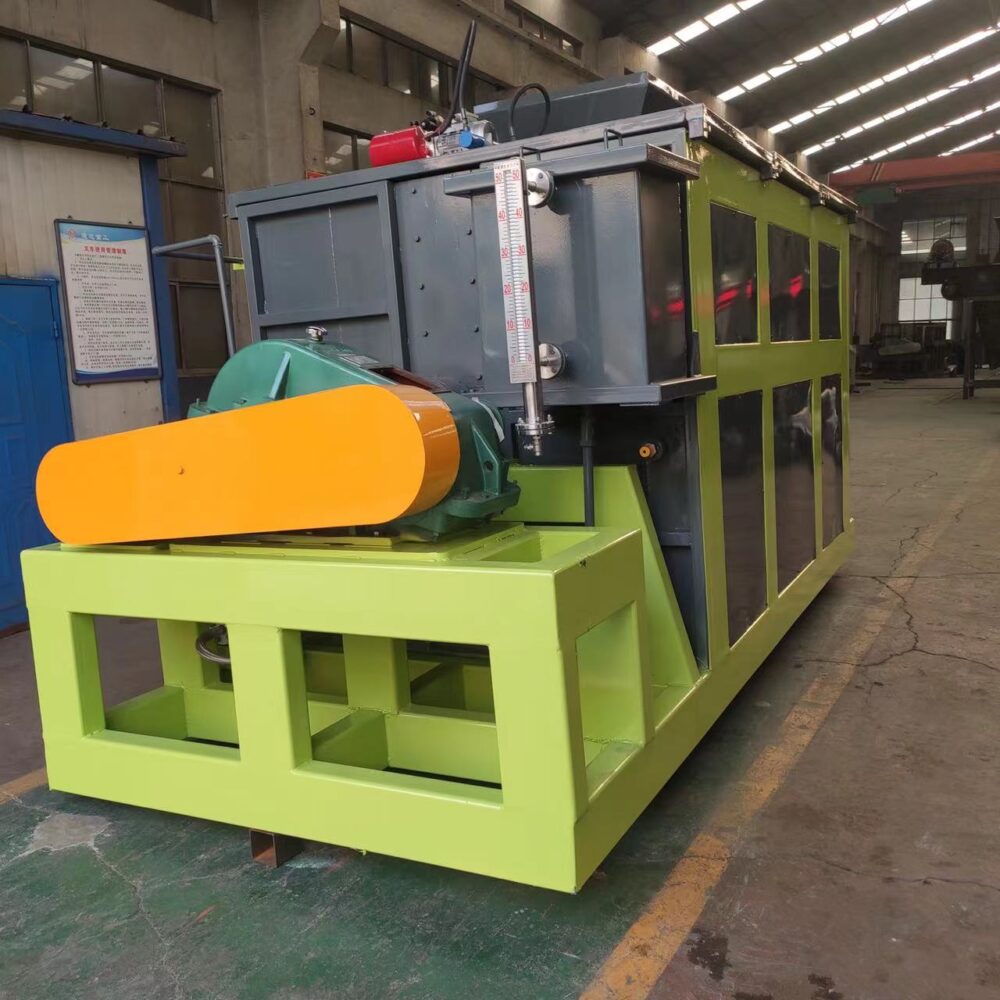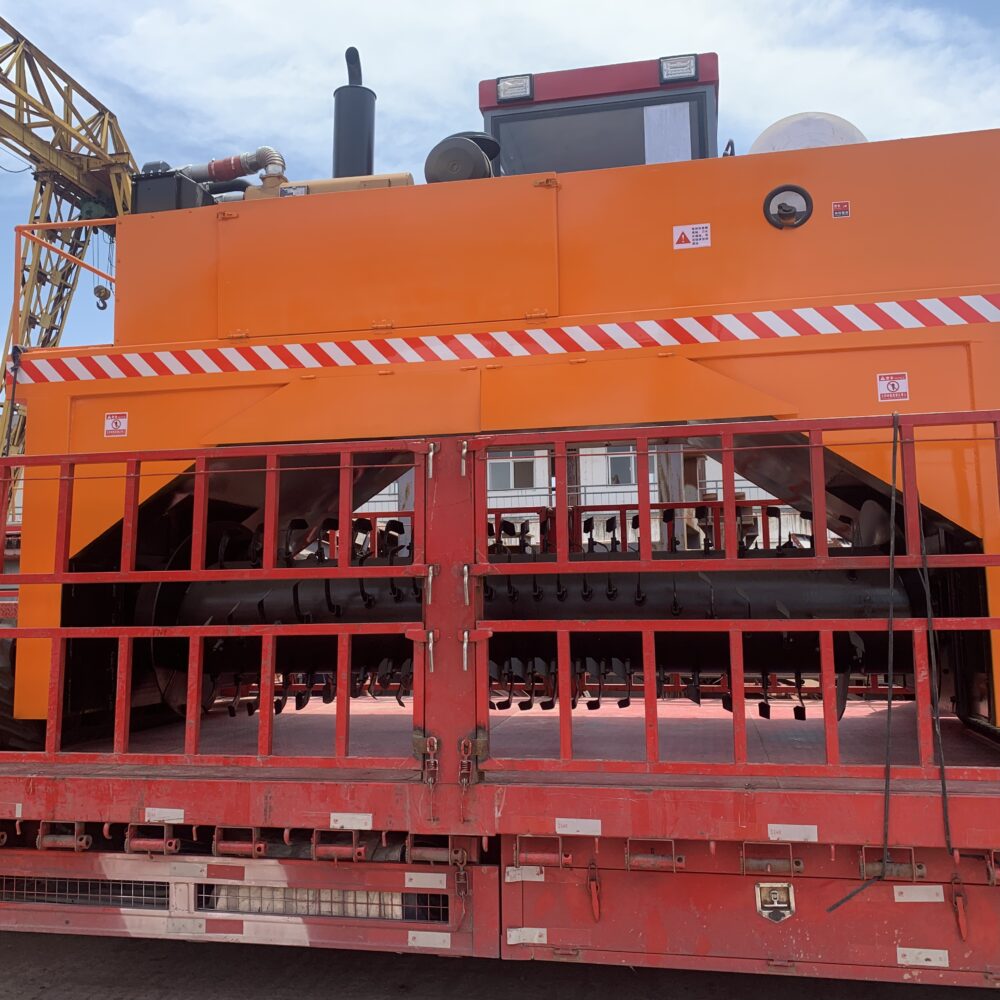The rise of compost turning machines in China reflects a significant shift towards sustainable waste management practices. As urbanization accelerates, the need for efficient organic waste processing becomes increasingly critical. This article explores how these machines are transforming agricultural practices both in China and Arkansas.
Click to find more about compost turning machine in China.
Understanding Compost Turning Machines in China
Compost turning machines play a pivotal role in China’s efforts to manage organic waste effectively. These advanced devices facilitate the aeration and mixing of compost piles, promoting faster decomposition and nutrient retention. In recent years, Chinese manufacturers have developed innovative models that cater to various scales of operation, from small farms to large industrial facilities. The integration of technology into these machines enhances their efficiency, making them essential tools for modern agriculture. Furthermore, government initiatives supporting green technologies have accelerated their adoption across the country.
Examining Xincheng’s Role in Sustainable Practices
Xincheng County serves as an exemplary case study for implementing compost turning technology within rural communities. By investing in local infrastructure for organic waste processing, Xincheng has demonstrated how targeted interventions can lead to improved soil health and crop yields. The county’s commitment to sustainability is evident through its partnerships with agricultural cooperatives that utilize composting techniques extensively. Additionally, educational programs aimed at farmers emphasize the benefits of using compost produced by these machines, fostering a culture of environmental stewardship among residents.
Exploring Fertilizer Production Machines’ Contribution
The fertilizer production machine complements the functionality of compost turning equipment by converting organic matter into high-quality fertilizers efficiently. In both China and Arkansas, such machinery supports sustainable farming practices by providing farmers with eco-friendly alternatives to chemical fertilizers. These systems not only reduce reliance on synthetic inputs but also enhance soil fertility over time through natural processes. Moreover, advancements in automation have streamlined fertilizer production operations, allowing producers to meet increasing demands while minimizing labor costs.
Conclusion: Emphasizing Sustainability Through Compost Technology

The implementation of compost turning machines represents a crucial step toward achieving sustainable agricultural practices both in China and beyond. As we continue to explore innovative solutions for managing organic waste effectively, it is clear that these technologies will play an integral role in shaping future food systems worldwide.
